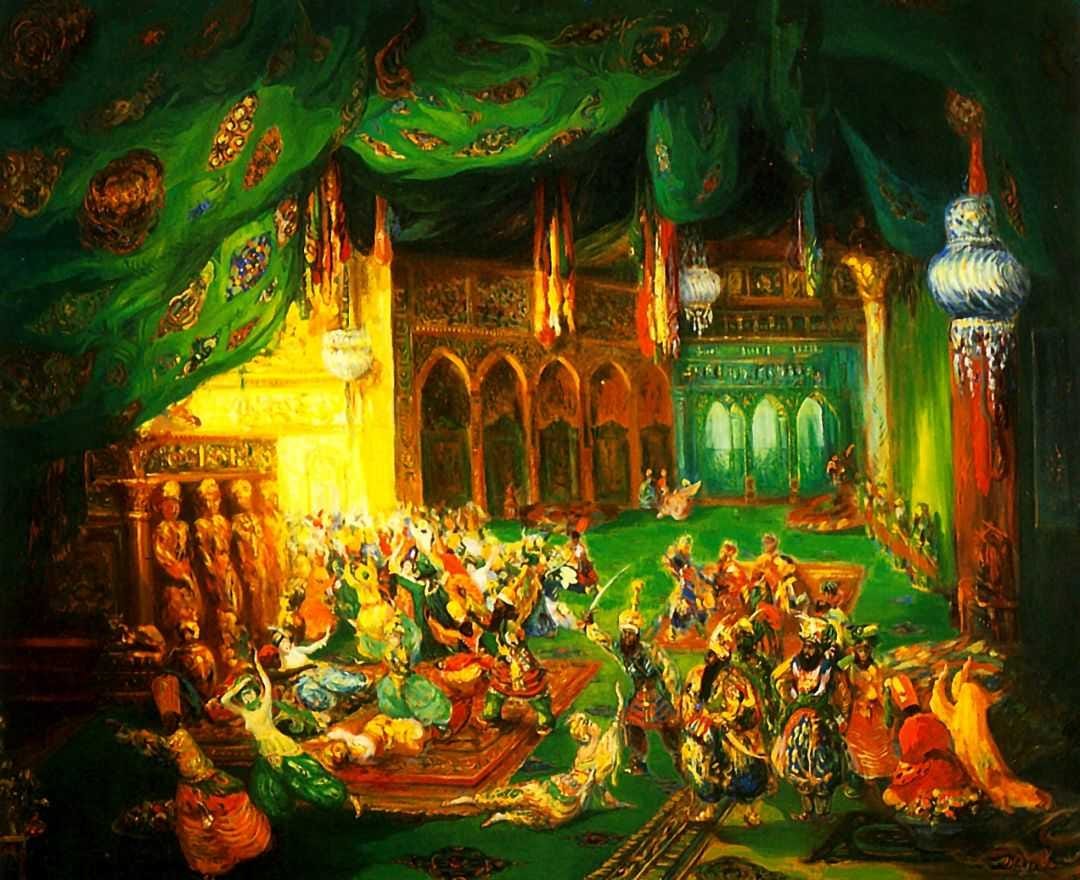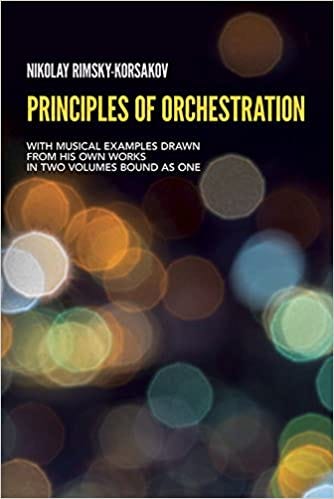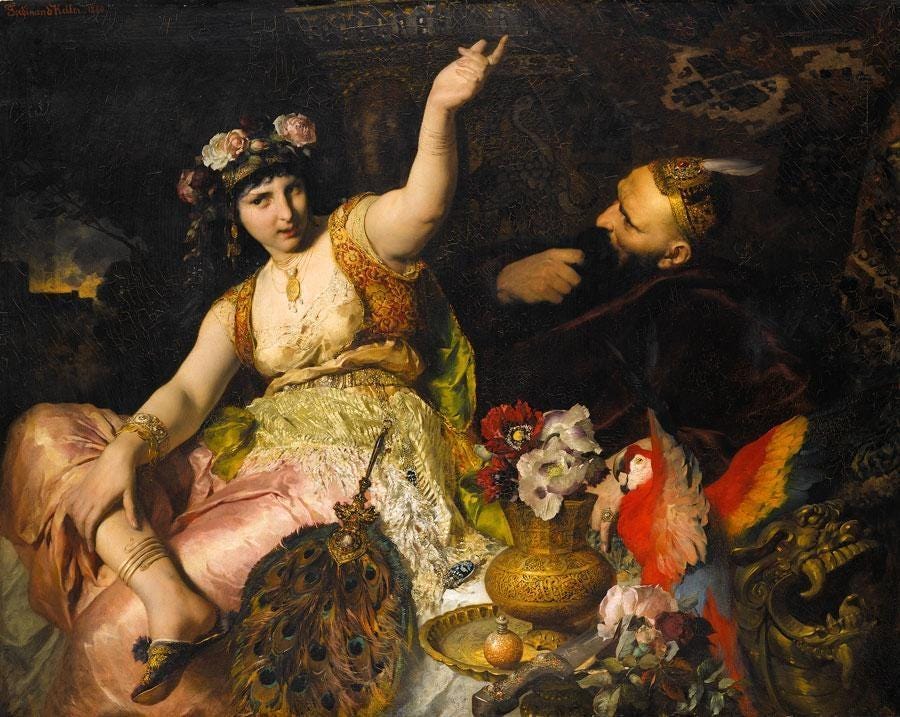
The Russian composer Nikolai Rimsky-Korsakov was not only highly respected and successful for his music, but also for his skills as a teacher and for his ability to orchestrate, that is his ability to ingeniously use the multitude of instrumental combinations within an orchestra. He literally wrote the book on orchestration which is still used to this day.

Rimsky-Korsakov wrote his symphonic suite Scheherazade in 1888 and is based on the collection of Middle Eastern folk tales One Thousand and One Nights. These two aspects — colorful orchestration and orientalism — were trademarks of many of his compositions and very popular in Imperialist Russia.

While it was clear that Rimsky-Korsakov used these folk tales as inspiration, he purposefully gave all four movements vague titles so as not to associate them with any specific story. In fact, in a later edition he did away with the titles altogether. He writes,
All I desired was that the hearer, if he liked my piece as symphonic music, should carry away the impression that it is beyond a doubt an Oriental narrative of some numerous and varied fairy-tale wonders and not merely four pieces played one after the other and composed on the basis of themes common to all the four movements.
However, the four movements have remained and are listed as,
I.The Sea and Sinbad’s Ship
II.The Kalandar Prince
III.The Young Prince and The Young Princess
IV.Festival at Baghdad. The Sea. The Ship Breaks against a Cliff Surmounted by a Bronze Horseman
Scheherazade was premiered on October 28, 1888, with the St. Petersburg Philharmonic, conducted by Rimsky-Korsakov.

One of the most famous adaptations of Scheherazade was created by Diaghilev’s Ballets Russe in 1910. The choreography was by Michel Fokine and the design by Léon Bakst. It was such an enormous success that it changed the direction of ballet and led Diaghilev to find further orientalist narratives and Russian composers. This would lead to the three incredible ballets by Stravinsky. Here is a performance of the Ballets Russe production of Scheherazade.
Here are my favorite performances.
